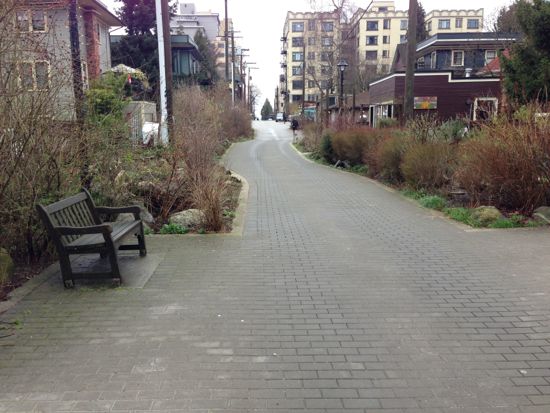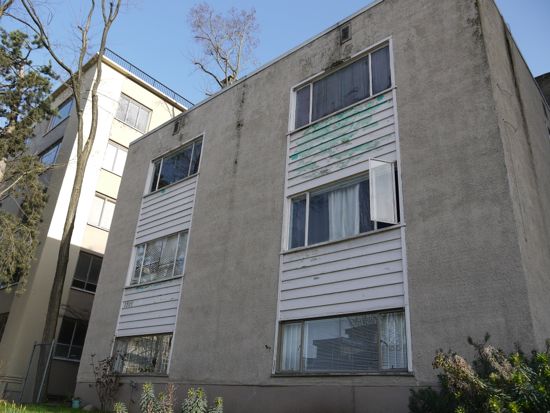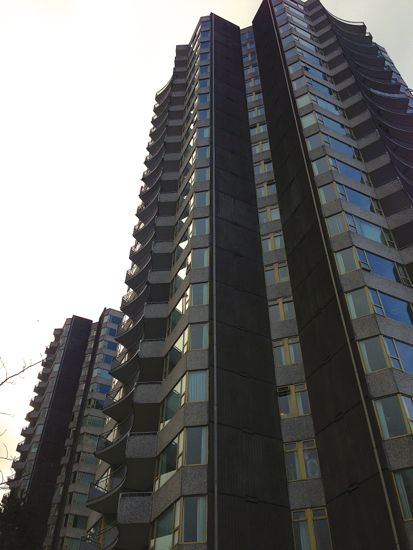
March 12, 2012 Council Update: The Mayor’s motion is referred to the Standing Committee of Planing, Transportation and Environment, on Wednesday March 13, at 1:30 pm, in Council Chambers.
At the next Vancouver Council meeting, Mayor Gregor Robertson will introduce another motion on the Port of Metro Vancouver Plans to expand it’s coal terminal. It makes sense because coal is the worst emitter of Green House Gases (GHG) and if coal exporting increase if will negate all the work that is being done by the City in its Greenest City Action Plan. Also, the transportation of coal has many public health risks that need to be studied.
Here is Mayor Robertson’s Coal Expansion Motion:
WHEREAS
1. Port Metro Vancouver has expansions planned for coal loading capacity at the Fraser Surrey docks and Neptune Terminal; which would make the Port the biggest exporter of coal in North America,
2. The transport of coal by train to PMV exposes residential communities to diesel exhaust and coal dust;
3. A February 2013 study “Human health effects of rail transport of coal through Multnomah County, Oregon” by the Multnomah County Health Department stated that “there are significant gaps in the scientific literature regarding how much coal dust is shed by trains carrying coal, how far coal dust travels from rail lines, and the health effects of inhaling this environmental coal dust”;
4. PMV has no responsibility for impacts from Port activities outside of the Port;
5. Metro Vancouver has the regulatory authority for air quality within the Greater Vancouver area;
6. Metro Vancouver’s Integrated Air Quality and Greenhouse Gas Management Plan calls for continuous improvement in local air quality;
7. The BC Lung Association, the BC Public Health Association, the Canadian Association of Physicians for the Environment, and several other public health experts wrote to PMV in December 2012 urging PMV to delay any
decision on coal export expansion pending broader public engagement and review of potential health impacts;
8. The Vancouver Coastal Health and Fraser Health Authorities both wrote to PMV in December 2012 requesting to be involved as a key stakeholder equivalent to government agencies, due to the potential for upstream
and downstream impacts of Port activities to impact other jurisdictions;
9. VCH and FH Authorities both requested that Health Impact Assessments take place to evaluate current and future Port expansions, as is the case at the Port of Los Angeles;
10. Coal is the single biggest source of climate changing CO2 pollution;
11. The Province of BC, through the Greenhouse Gas Reductions Target Act, is required by law to reduce GHG emissions by at least 33 per cent below 2007 levels by 2020;
12. The City of Vancouver, through its Greenest City Action Plan, has set the target of reducing its GHG emissions by 33% below 2007 levels by 2020.
THEREFORE BE IT RESOLVED
A. THAT City staff report back on a bylaw to prevent the expansion of, or creation of new, coal export infrastructure within the City of Vancouver;
B. THAT the City of Vancouver write to the Prime Minister, the Premier, and Port Metro Vancouver stating that:
(i) The City has concerns about the GHG and health impacts of increased coal exports, particularly the unknown impacts of coal dust on human health;
(ii) The City supports the call by Vancouver Coastal Health and Fraser Health Authorities to be involved in PMV planning and project review processes as key stakeholders equivalent to government agencies, and that Health Impact Assessments be undertaken for all new coal export expansion proposals.
C. THAT the City of Vancouver forward a copy of this motion to Metro Vancouver to support the integrated air quality and greenhouse gas management plan and its goal of continuous air quality improvement.
It is quite a daunting list of “Where as” that could be potential health hazards for residents of Vancouver. The step to instruct staff to to draft a bylaw to prevent the expansion is a serious shot across the bow of the Port of Metro Vancouver. Is this the first shot in war of jurisdiction between the City of Vancouver and the Port?
 The TreeKeepers Program is now offering discounted trees is six pilot neighbourhoods and the West End is one of the selected communities. One can obtain a discounted tree by register at TreeKeepers. TreeKeepers is a Greenest City 2020 program to plant more trees on private property. Partners include Tree City, the EYA, The City of Vancouver, The Vancouver Foundation and you, if you choose to plant a tree.
The TreeKeepers Program is now offering discounted trees is six pilot neighbourhoods and the West End is one of the selected communities. One can obtain a discounted tree by register at TreeKeepers. TreeKeepers is a Greenest City 2020 program to plant more trees on private property. Partners include Tree City, the EYA, The City of Vancouver, The Vancouver Foundation and you, if you choose to plant a tree.





